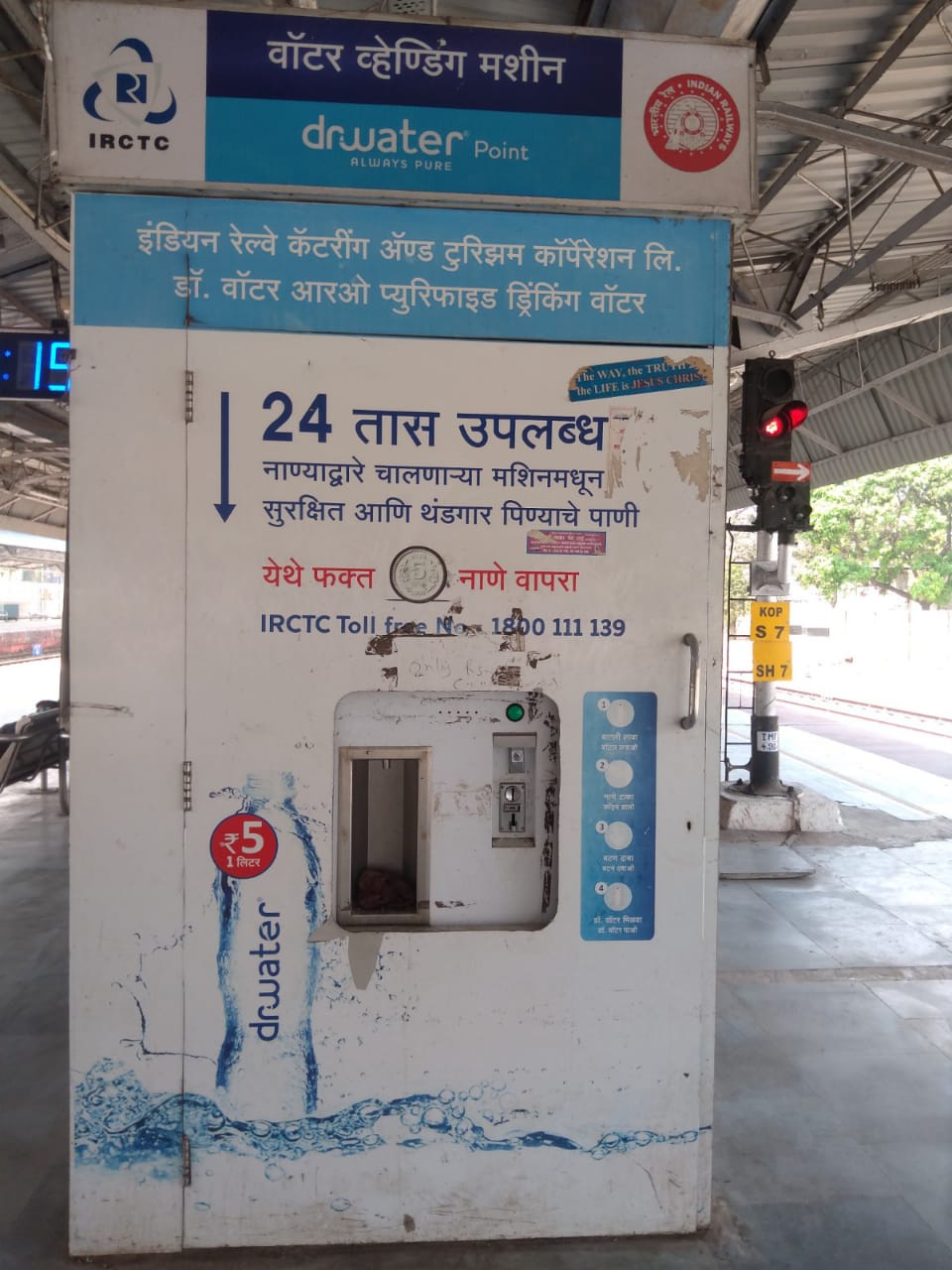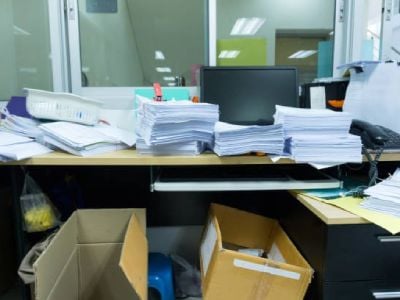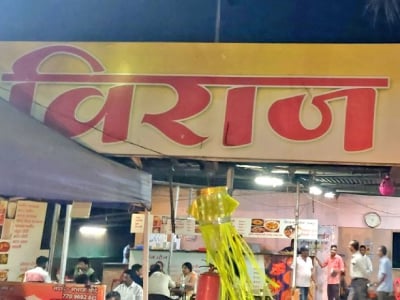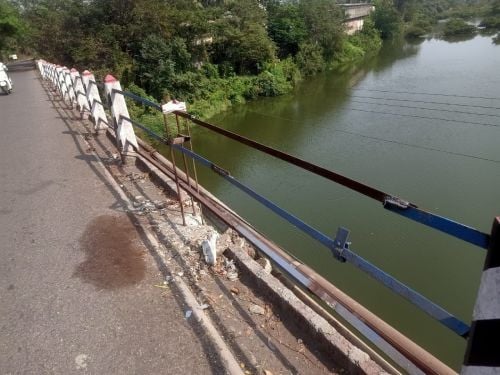Concerns raised over accessibility to affordable drinking water for rail passengers
In a recent development, the installation of water vending machines (WVMs) or Water ATMs at various railway stations across India, intended to provide cheap and quality drinking water to passengers, has come under scrutiny due to the continuing non-functioning status of many of these machines which were shut down during the Covid-19 period.
Initiated under the guidance of Prime Minister Shri Narendra Modi, the Ministry of Railways launched the Water ATM project to ensure the availability of potable water at affordable rates for travelers. However, reports indicate that a significant number of these WVMs now display ‘Out of Order’ notices, leaving passengers with limited options for accessing cheap and clean drinking water.

While authorities had initially pledged to replace non-functional WVMs, a recent statement by Railway Board Chairman and CEO VK Tripathi announced the decision not to restart water vending machines at railway stations that have remained closed since the Covid-induced lockdown. This decision has been met with criticism, with passengers expressing concerns over the accessibility and affordability of drinking water, especially during long journeys. While the WVMs dispensed water at Rs 5 a liter, packaged drinking water costs no less than Rs 15 a liter. The WVMs also were environment friendly as the passengers could easily refill their existing water bottles. Packaged drinking water will only add to the already burgeoning plastic waste problem.
Railway officials have labeled the WVM project as a ‘failed scheme’, indicating that it will not be reinstated for public use. This development raises apprehensions among passengers, particularly those who cannot afford expensive bottled water available at railway stations.
Concerns have also been raised regarding the potential shortage of RailNeer, the bottled water provided by Indian Railways, and the maintenance schedule of manufacturing plants, which could exacerbate the problem during the scorching summer months.
Passengers have voiced their discontent through various media platforms, questioning the decision to shut down the WVM project and alleging that it benefits canteens and food stalls over passenger welfare. Advocacy groups, including ‘Surajya Abhiyan’, an initiative by Hindu Janajagruti Samiti, have appealed to the Ministry of Railways to reconsider its decision and take immediate steps to ensure the smooth functioning of WVMs for the benefit of travelers. The Samiti has also appealed to the netizens to raise this concern on social media.
The issue underscores the importance of providing accessible and affordable drinking water for rail passengers, particularly those from the economically challenged classes.
#WaterVendingMachine #SurajyaAbhiyan@RailwaySeva @AshwiniVaishnaw @RailMinIndia @IRCTCofficial
Not only problem of #Kolhapur
Many complaints reaching us about #WVM non-functional. @mieknathshinde ji, pl look into & see it gets resolved in #Maharashtra @PMOIndia @MoJSDoWRRDGR https://t.co/MKRL8IViic— Surajya Abhiyan (@SurajyaCampaign) April 23, 2023
श्री छत्रपती शाहू महाराज टर्मिनस (कोल्हापूर रेल्वे स्थानक) येथील बंद अवस्थेतील ‘वॉटर व्हेंडिंग मशीन’ चालू कराव्यात ! – कोल्हापूर येथे हिंदु जनजागृती समितीच्या ‘सुराज्य अभियाना’अंतर्गत रेल्वे प्रशासनाला निवेदन@SurajyaCampaign @BNews @pudharionline @tarunbharat @WesternRly pic.twitter.com/nrDlnbTgNh
— Babasaheb Bhopale (@BabasahebBhopa1) April 6, 2023
🔹#AmritBharatStations should also become a part of @JalShaktiAbhiyn !@RailMinIndia @AshwiniVaishnaw
🔹Need to restore these at #RailwayStation at all divisions at the earliest !
🔹Join us @SurajyaCampaignhttps://t.co/ewoudItzI5 pic.twitter.com/35jpj7xYWw
— Surajya Abhiyan (@SurajyaCampaign) August 6, 2023
If @WesternRly can.. why can't ? @gmwcrailway #Bhopal@AshwiniVaishnaw Sir @SurajyaCampaign urges ur kind intervention..@IRCTCofficial @RailMinIndia @BhopalDivision @Bhopal @TOIBhopalNews @CollectorBhopal https://t.co/iGrGDRoPpx
— Surajya Abhiyan (@SurajyaCampaign) July 12, 2023
Lakhs of investment has become a dustbin and spitting point ! It goes from common man's pocket !@RailwaySeva @RailMinIndia @AshwiniVaishnaw need immediate attention.. and also restart the water vending machines #kalburgi #railway stations.@PMOIndia https://t.co/zeUmSxcgGj
— Dr Anjesh Kanaglekar 🇮🇳 (@dranjesh) July 10, 2023
Aur ye jo 5rs me filtered water ke liye @IRCTCofficial ne water point bnaye the.. ye ab sirf showpiece hai? @RailMinIndia https://t.co/YrIllsRrDx pic.twitter.com/JHPWDcsoxW
— himanshu nayak (@akshaynayak1) June 18, 2023
Western Railway’s Mumbai division to install Water vending machines at 25 railway stations
12th July 2023
Western Railway’s Mumbai Division plans to install Water Vending Machinesacross various railway stations with an aim to provide clean and hygienic drinking water to the passengers. It will be helpful to the passengers because the rates are much cheaper as compared to the packaged water bottles. 53 such Water Vending Machines (WVMs) will be installed across 25 railway stations.
According to a press release issued by Shri Sumit Thakur – Chief Public Relations Officer of Western Railway, the Water Vending Machines uses Reverse Osmosis (RO) Water Purification technology which helps in removing bacteria from the water. These machines will enable passengers to purchase potable drinking water at reasonable rates. Passengers will also have an option of refilling the water or buying them with container. The facility will be available at stations round the clock. Read More

 Surajya Abhiyan exposes laxity in Sassoon Hospital fake certificate scam investigation
Surajya Abhiyan exposes laxity in Sassoon Hospital fake certificate scam investigation HJS’ Surajya Abhiyan demands action against blinding headlights
HJS’ Surajya Abhiyan demands action against blinding headlights Maharashtra Govt issues an official order to ensure the cleanliness and tidiness of Mantralaya!
Maharashtra Govt issues an official order to ensure the cleanliness and tidiness of Mantralaya! Surajya Abhiyan raises hygiene concern in MSRTC authorised hotel in public interest
Surajya Abhiyan raises hygiene concern in MSRTC authorised hotel in public interest Surajya Abhiyan raises concern with CM regarding poor work of the Bhogavati Bridge in Raigad District
Surajya Abhiyan raises concern with CM regarding poor work of the Bhogavati Bridge in Raigad District Surajya Abhiyan questions passengers’ loot by transporters during Shri Ganesh festival time
Surajya Abhiyan questions passengers’ loot by transporters during Shri Ganesh festival time